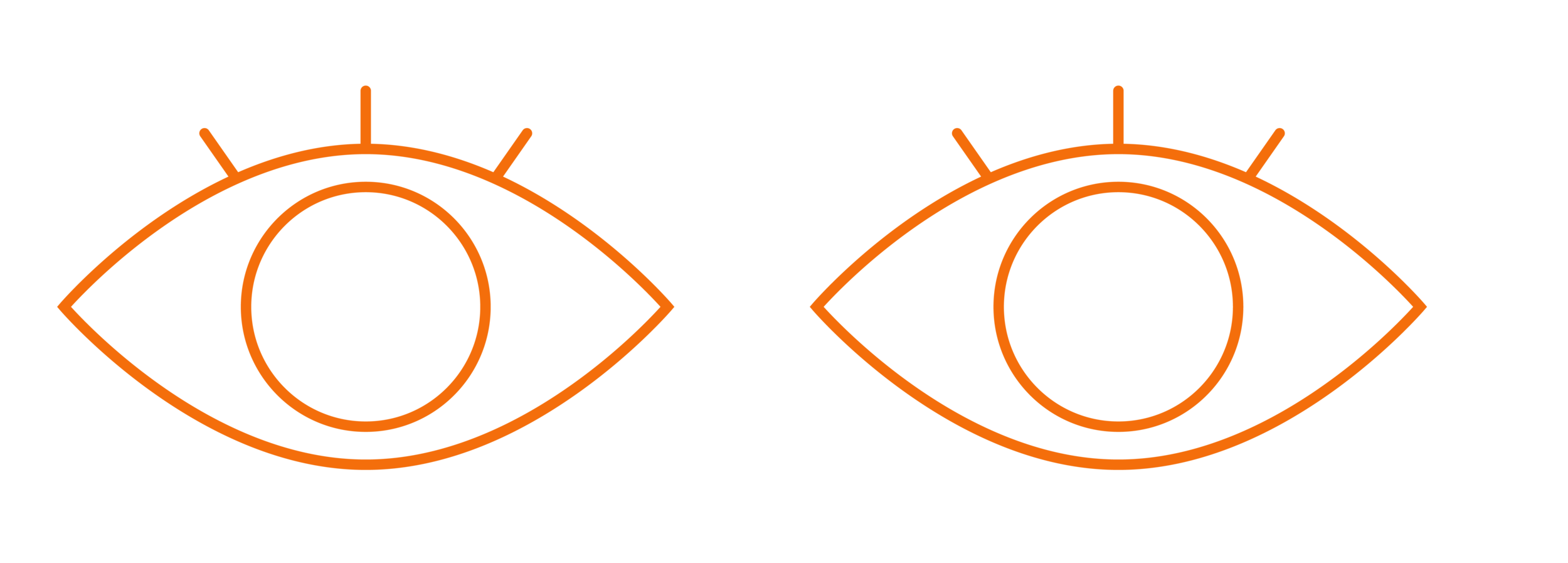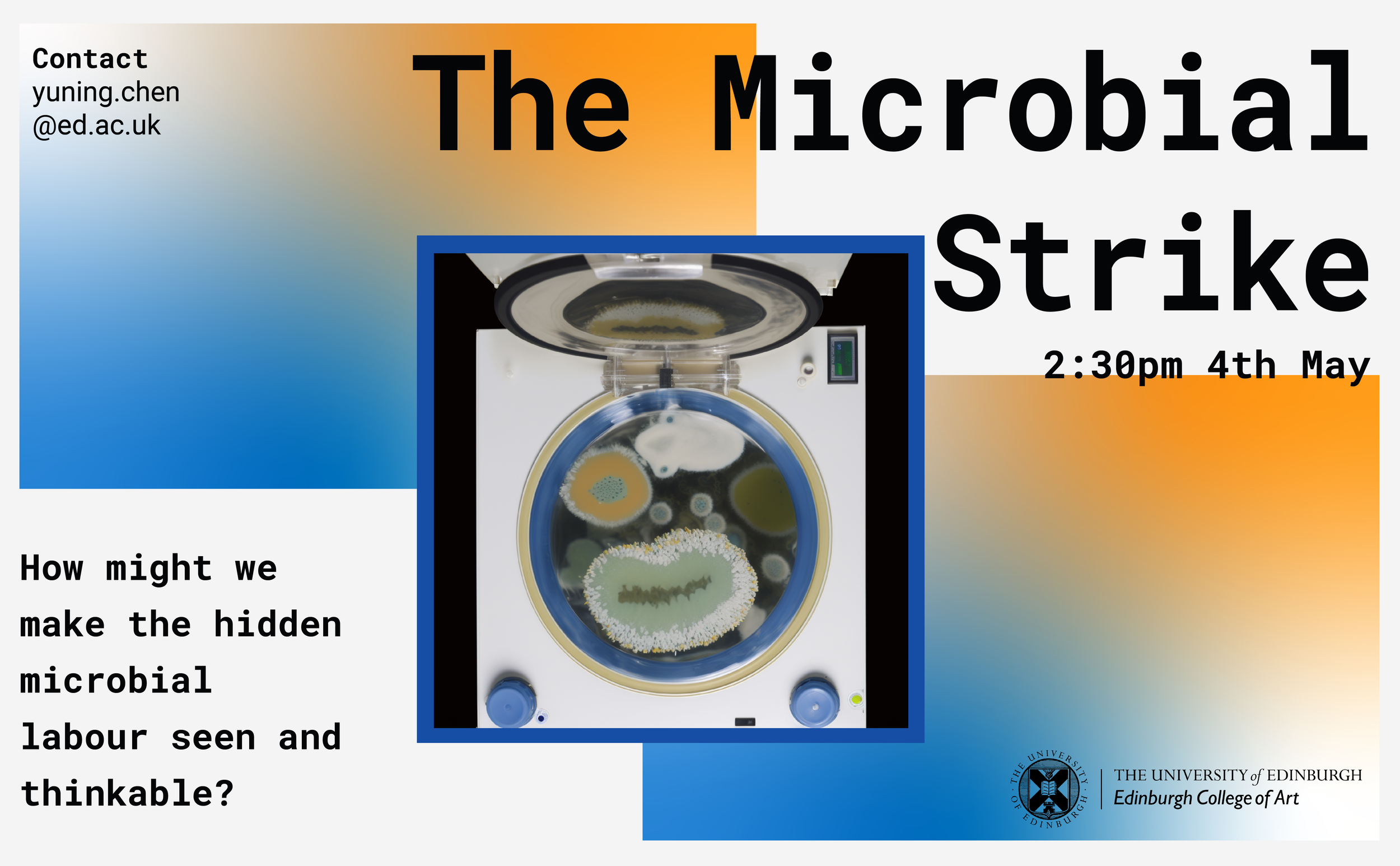The art of useless inventions: eye drop funnel glasses
Image Source: https://www.amusingplanet.com/2018/10/chindogu-japanese-art-of-unuseless.html
Schedule
2:30pm - 4pm, 4th May, 2023
Location
Online, email to sign up!
How to participate
Please email yuning.chen@ed.ac.uk to register interest!
Workshop: The Laboratory Revolt 无用生物
‘It is only during conflicts where the order is disrupted…when they resist - that one begins to see, or rather to translate differently, these situations where everything functions. – Viciane Despret’
Why cooperate? (for the microbes/algae/plants/animals)
Countless organisms have been put to work in exchange for discoveries and productivity in fields such as new materials, fuels, pharmaceuticals, and food. How might we make the microbial labour seen and thinkable? Is the microbial/vegetative/animal agency only valued when it serves a mechanistic function (gene interruption, photosynthesis etc) that contributes to humanist causes? What if living systems can protest to have their voices and taken-for-granted compromises heard and seen? When collaborating and co-creating with living systems in biodesign have become normative statements, are the associating labour acknowledgement, co-authorship, remuneration and rights sufficiently in place to justify our recognition?
Workshop Goal: Revolting against the productionist narrative through collaging ‘uselessness’
In this workshop, we aim to explore with participants alternative species’ behaviours beyond a narrowly defined range by anthropocentrism. What are they like as living beings beyond the identity of lab organisms? What would the world/research/lab be like if we follow the liveliness of the organism instead of imposing our agendas on them? What would they have to say if they all became artists, narrators and worlding agents?
Workshop Format: Following the Organims, redesigning Lab Equipments into Chindōgu
Chindōgu, meaning unusual objects in Japanese, is representative of a design movement in useless practice (Rosenbak, 2015) for design discourse. With bizarre functionalities that cause more problems than it solves, Chindōgu can provoke and unearth the preconceptions under current definitions of utilities and functions. In this case, creating Chindōgu to problematise our utilitarian relationship with the more-than-human others that is mediated by production-driven devices and equipment.
The workshop will start with a mapping exercise to identify instances of unproductive moments caused by the lab organisms on a research timeline. Based on the instances, participants will be asked to create an A/B design manifesto that differentiates the principles behind an anthropocentric object and one that is embedded with generosity for multispecies coexistence. Later on, participants will start to create their own Chindōgu in the lab based on the manifesto as a revolt against the dominant productionist worldview in a bio-research lab.
Discussion
The laboratory revolt is a provocation to urge reflections on the invisible more-than-human labour that is easily reduced to mechanical obedience. Through embodying the asymmetry between the vast possibilities of uncooperative instances and the narrowly defined ideal scenarios, this project aims to extend the question of more-than-human labour acknowledgement into conceiving lab organisms as lively beings of ‘changefulness and co-becomings’ beyond the human productionist narrative.


